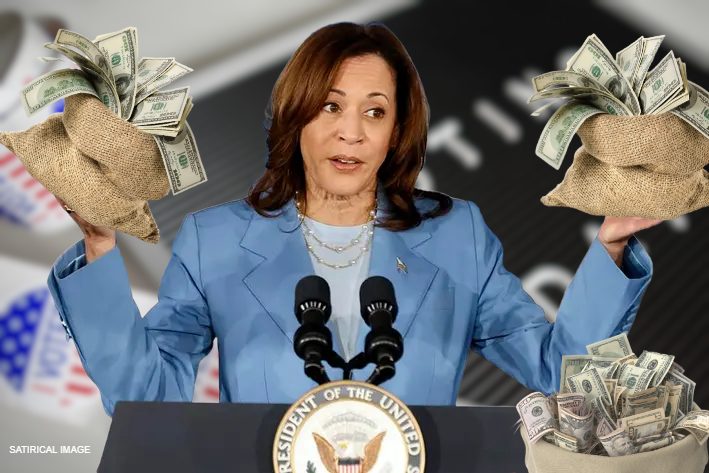In recent weeks, two significant reparations bills aimed at addressing historical injustices against African American descendants of enslaved individuals were introduced in the California legislature. Senate Bill 1331, proposed by Democrat state Senator Steven Bradford, intended to create a state fund dedicated to reparations. Meanwhile, Senate Bill 1403 sought to establish a state agency responsible for managing these reparations and determining eligibility criteria. These bills were part of a broader legislative effort to address alleged systemic racial disparities in areas such as housing, education, and health, following a long history of discriminatory policies.
Reasons for Shelving
Despite the ambitious goals set forth by the bills, they were shelved before reaching a vote. The primary reason cited for this decision was the concern that Governor Gavin Newsom might veto the legislation. This apprehension led the California Legislative Black Caucus (CLBC) to withdraw the bills, citing the need for further development and refinement before reintroducing them in a future legislative session. Assemblymember Lori Wilson, chair of the CLBC, emphasized that the effort to pass these reparations bills was always understood to be a challenging, multiyear endeavor.
Public Reaction and Protests
The shelving of these bills sparked significant public outcry, culminating in protests at the California State Capitol. Organizations like the Coalition for a Just and Equitable California expressed deep frustration over what they perceived as a betrayal by lawmakers who failed to act on a critical issue despite having the potential votes to pass the bills. Demonstrators emphasized the pressing need for reparations, asserting that the contributions and sacrifices of their ancestors who built the state deserve acknowledgment and compensation. California Republican Assemblymember Bill Essayli also criticized the Democrats for not bringing the bills to a vote, arguing that elected officials should be held accountable for the promises made to their constituents.
REPARATIONS BATTLE: "CALIFORNIA BACKS DOWN—WHAT'S NEXT FOR REPARATIONS?"
Note: As a member state of the Union in 1850, slavery was illegal in California.
Protests erupted at California’s state capitol after two major reparations bills were shelved. Senate Bill 1331 and Senate… pic.twitter.com/9NrEvi3w5r
— Bill Mitchell (@mitchellvii) September 2, 2024
Future Implications
The shelving of these reparations bills highlights the ongoing debate over how best to address historical racial injustices and the complexities involved in implementing such policies. Although these specific bills did not progress, the conversation around reparations is far from over. The CLBC has committed to revisiting the legislation in future sessions, indicating a continued dedication to this cause. The reactions from both supporters and opponents emphasize the need for ongoing dialogue and negotiation to find a feasible path forward. As the state grapples with these contentious issues, the outcome may set a precedent for other states considering similar reparations initiatives.




The arrogance of these black people is too much… they were never slaves and their parents weren’t slaves. They’re just looking for a handout of taxpayer’s money that they aren’t entitled to and more than their white counterparts.